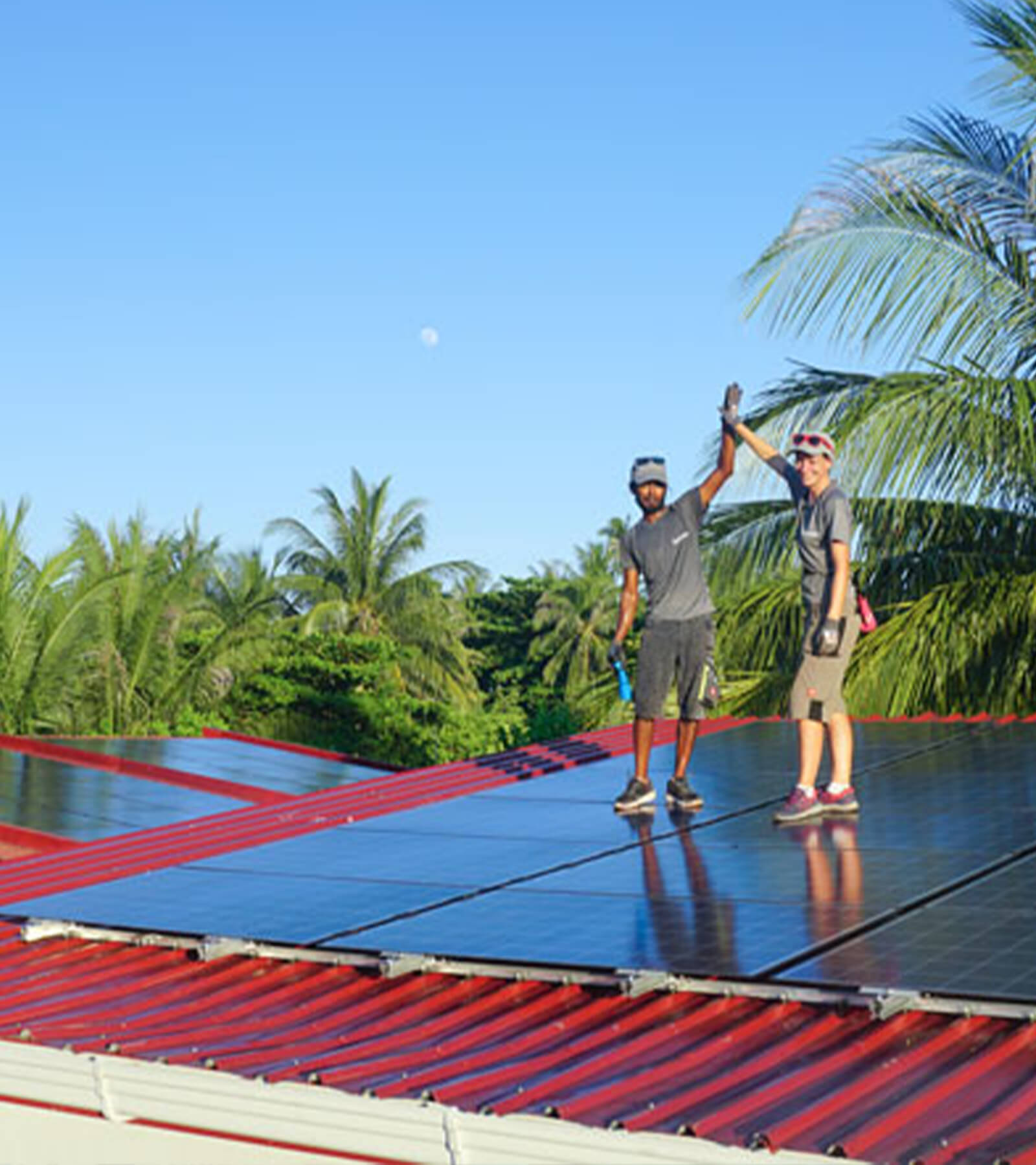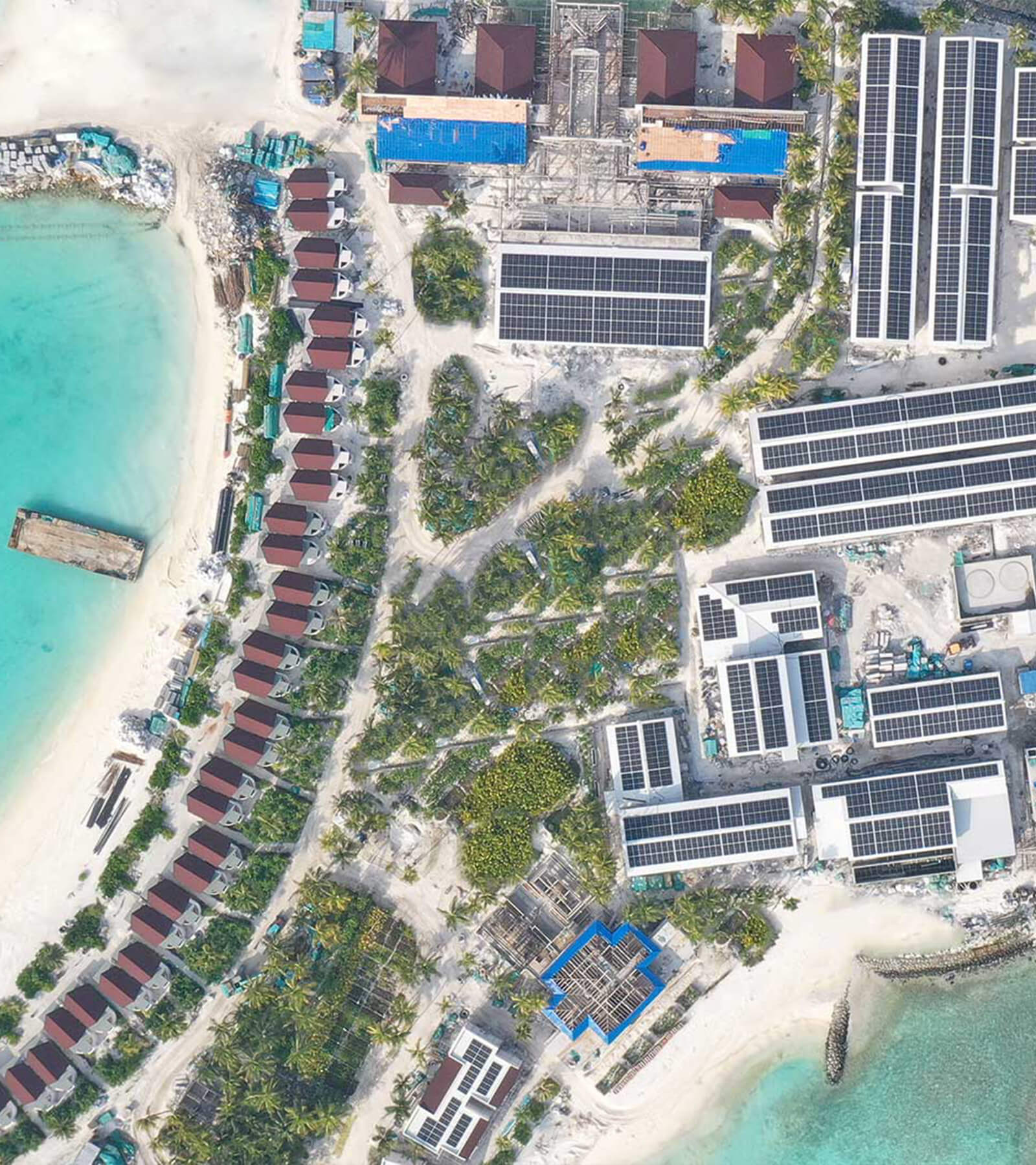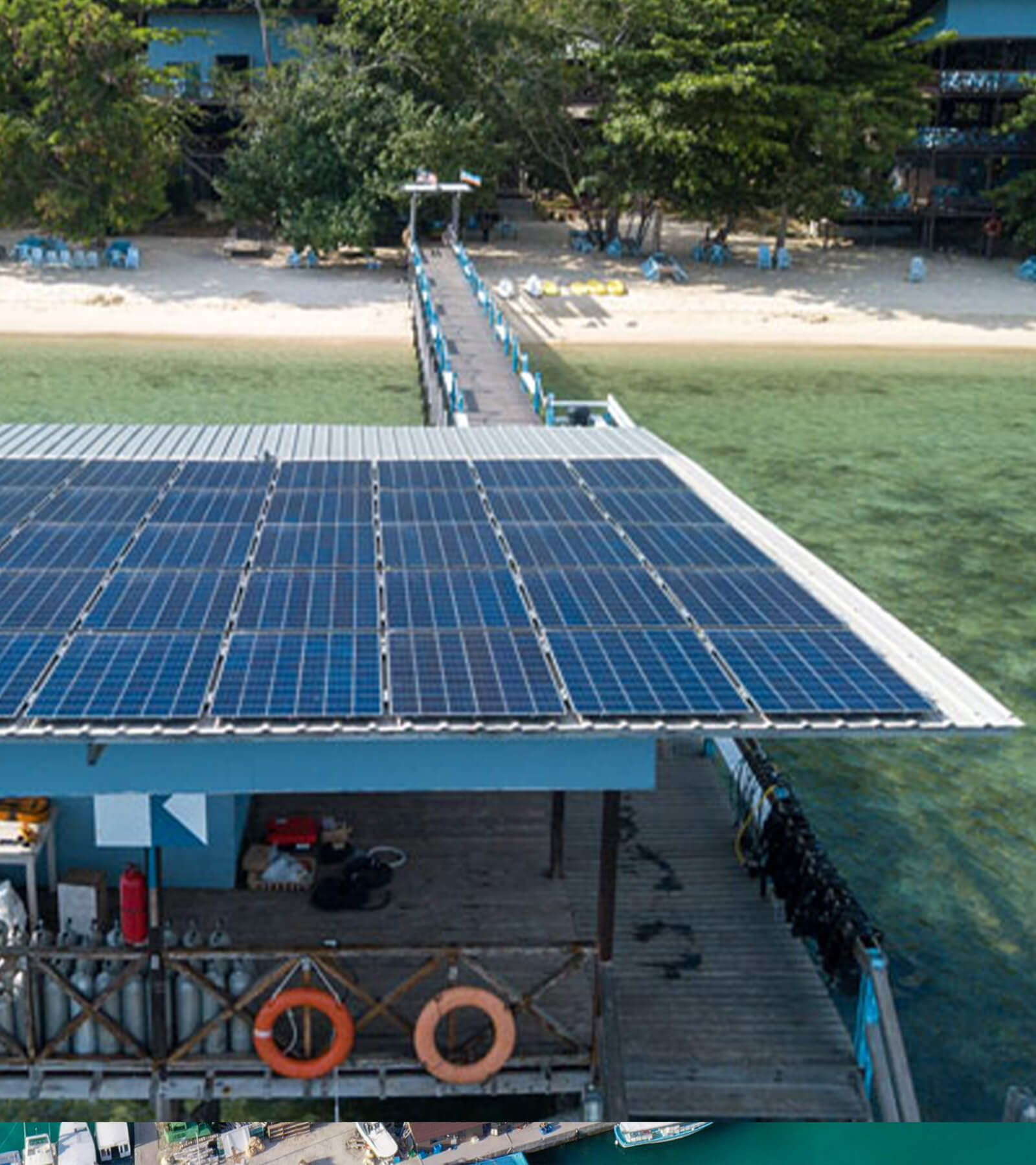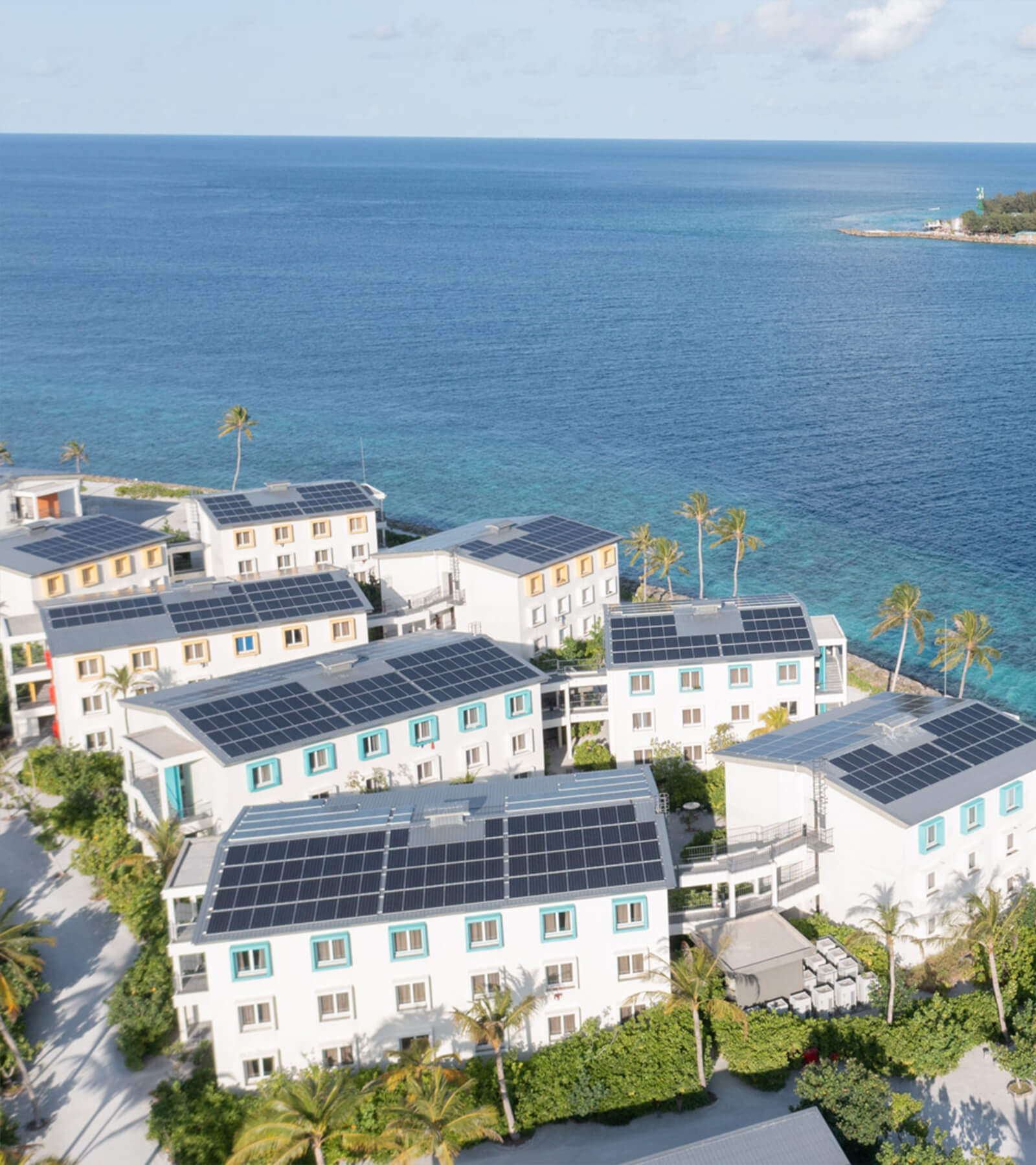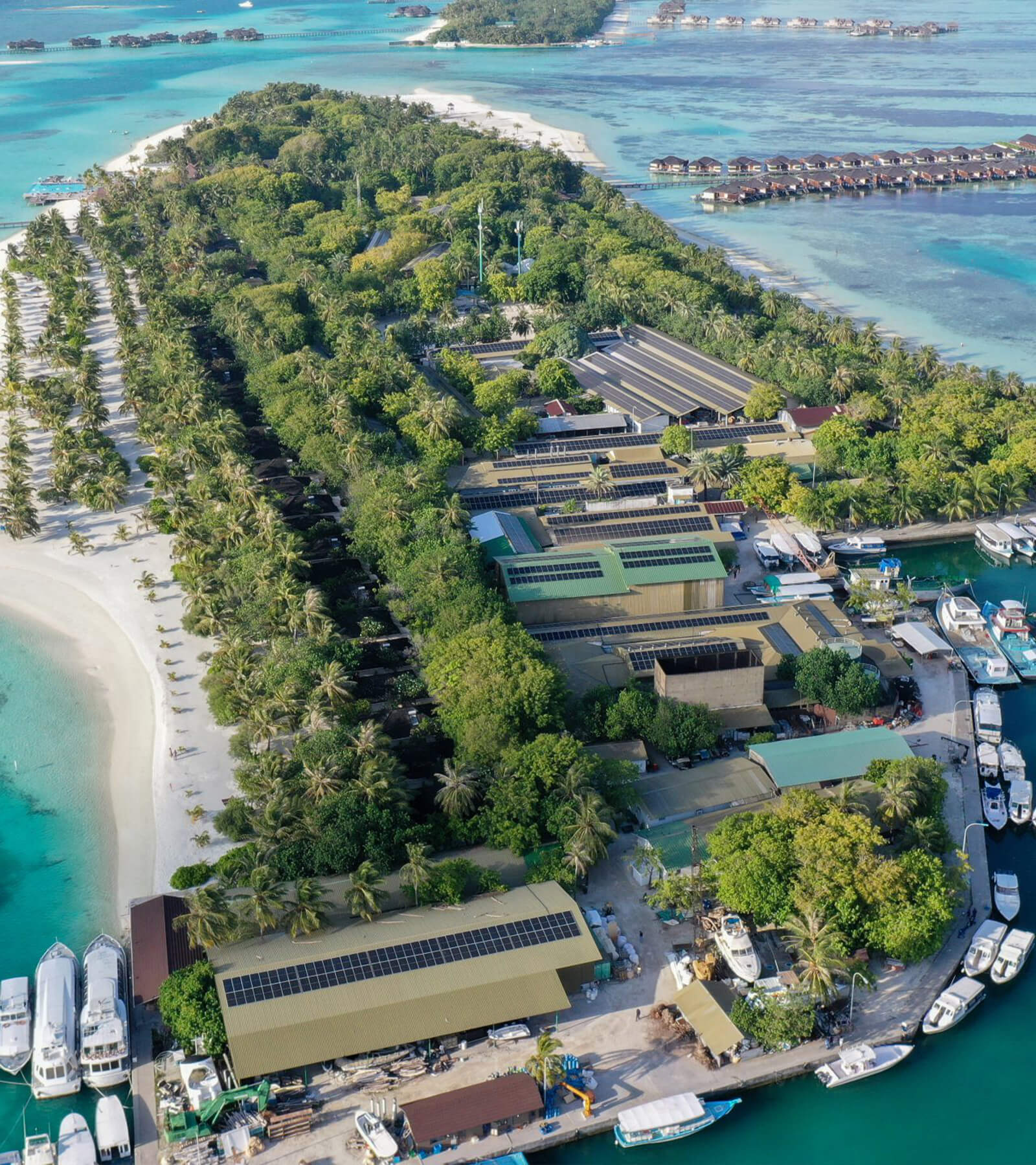Discover how Maxbo Solar rooftop off grid system combat extreme heat, humidity, and salt spray with military-grade durability. Featuring PID suppression (≤1% annual degradation), IP68 waterproof enclosures (1.5m submergence proof), and anti-reverse discharge tech (95% nighttime efficiency retention), our solar kits ensure 24/7 climate-resilient power. Pre-engineered for coastal, desert, and humid zones—backed by 10 years of rooftop warfare expertise.
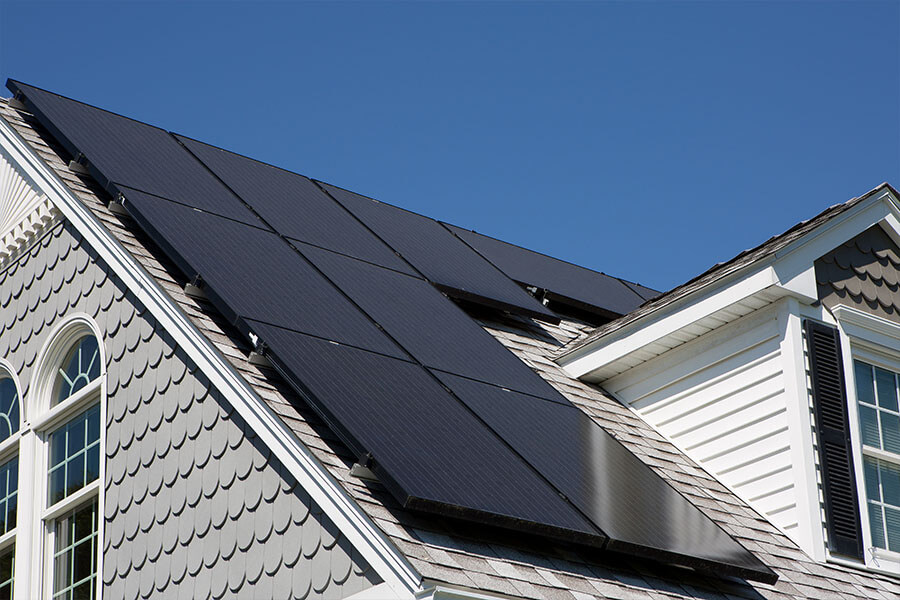
When Your Roof Becomes a Battlefield
Hook:
“Imagine your solar system as a superhero. Now toss it onto a roof that’s basically Mount Everest meets the Amazon rainforest. Spoiler: Cape optional, ‘Triple Defense’ mandatory.”
The Roof’s Dirty Secret (With Data):
Your rooftop isn’t a zen garden—it’s a gladiator arena. Here’s what your off-grid system faces daily:
| Environmental Threat | Damage Potential | Real-World Example |
|---|---|---|
| Heatwaves | – Efficiency drops 0.5%/°C above 25°C (NREL) | Phoenix, AZ rooftops hit 170°F—enough to fry an egg and your ROI |
| Humidity | – 85%+ humidity accelerates corrosion by 3x (ASTM B117 salt spray test) | Florida roofs: Where solar meets swamp-style stress testing |
| Salt Spray | – Coastal areas see 30% faster component decay (IEEE Journal of Photovoltaics, 2022) | Bonus: Free salt crust! (Not recommended for margaritas) |
Source Links:
“Your solar panels aren’t just fighting the climate—they’re surviving a Marvel movie. But fear not—our first line of defense has entered the chat.”
Defense #1 – “PID? More Like ‘Preventing Insane Degradation’”
Problem (With Charts):
“Solar panels hate saunas. Prolonged heat turns them into drama queens—cue PID (Potential Induced Degradation), where efficiency drops faster than a WiFi signal during a storm.”
The PID Apocalypse (Simplified):
- Normal Panel Life: 25-30 years
- PID-Affected Panel Life: 10-15 years (↓40% lifespan)
Source: Solar Energy Industries Association (SEIA)
Solution (With Hard Data):
“Our panels laugh at 100°F. With PID suppression tech, they degrade ≤1% in Year 1. For comparison, that’s slower than your phone battery at 2%.”
PID Suppression Showdown:
| Tech | Year 1 Degradation | Year 10 Efficiency | Cost Over 25 Years ($) |
|---|---|---|---|
| Standard Panels | 2.5% | 82% | $12,000 |
| PID-Resistant Panels | ≤1% | 92% | $8,500 |
Assumptions: 5kW system, $0.15/kWh, 5hrs daily sun. Data sourced from NREL’s PVWatts Calculator.
Humorous Breakdown:
“Think of PID suppression as SPF 1000 sunscreen for your panels:
- SPF 30: Basic UV protection (aka wishful thinking)
- SPF 100: Industrial-grade lab testing (still sweats at noon)
- SPF 1000: Our panels sipping margaritas in a heatwave (salt rim optional)”
Why This Matters (With a Punchline):
“Without PID tech, your panels age like milk in July. With it? They’ll outlast your gym membership resolutions. Boom.“
Transition to Next Section:
“Now that we’ve tackled solar’s version of a midlife crisis, let’s dive into Defense #2—where we turn your battery into Aquaman’s favorite gadget.”
Defense #2 – “IP68: Because ‘Waterproof’ Is a Lie Your Ex Told You”
Problem (With Cold, Hard Facts):
“Rainstorms? Humid summers? Salt spray from your seaside villa? Your battery deserves better than a ‘water-resistant’ sticker.”
The Grim Reality of Water Damage:
Batteries aren’t fans of pool parties. Here’s why most “waterproof” claims are as reliable as a chocolate teapot:
| Environmental Threat | Failure Rate | Cost of Replacement |
|---|---|---|
| Heavy Rain | 22% of systems | 2,500 |
| Coastal Salt Spray | 37% corrosion risk | $3,000+ (bye-bye, beach views) |
| Humidity | 15% efficiency loss/year | 800 annual “oops” tax |
Sources:
Solution (With Submarine-Level Engineering):
“IP68-rated battery enclosures: The submarine of solar tech. Submerged in 1.5m of water for 30 minutes? Still drier than British humor.”
IP68 vs. the Competition (Spoiler: It’s Not a Contest):
| IP Rating | Dust Protection | Water Protection | Real-World Translation |
|---|---|---|---|
| IP54 | “Dust? Maybe.” | Splash-resistant | “Survives a toddler with a water gun” |
| IP67 | Dust-tight | 1m immersion for 30 mins | “Poolside approved (if you’re quick)” |
| IP68 | Dust-tight | 1.5m immersion for 30+ mins | “James Bond’s solar sidekick” |
Certification Source: IEC 60529 Official Guidelines
Why IP68 Matters (With a Nerd Joke):
“Our enclosures are tested in labs so harsh, even Elon Musk’s Mars rovers would blush. Bonus: No, they won’t help you store actual submarines. We checked.”
Transition to Defense #3:
“Now that your battery’s safe from Poseidon’s wrath, let’s tackle the silent killer lurking after dark.”
Defense #3 – “Reverse Discharge: The Vampire Your System Didn’t Invite”
Problem (With Data That Bites):
“At night, your system craves Netflix and chill. But without anti-reverse discharge modules, it’ll leak power faster than a gossip leaks secrets.”
The Energy Vampire’s Toll:
| Scenario | Nightly Loss | Annual Cost* |
|---|---|---|
| No Protection | 8–12% | 360 |
| Basic Diode Protection | 4–6% | 120–180 |
| Advanced Anti-Reverse Tech | ≤0.5% | ≤$15 |
Assumes 5kW system, $0.18/kWh. Data sourced from Energy.gov
Solution (With Garlic-Level Effectiveness):
“Our tech slaps a ‘Do Not Enter’ sign on reverse currents. Nighttime losses? Reduced by 95%. (The other 5% is reserved for existential crises.)”
How It Works (Simplified for Non-Vampires):
- Detection: Sensors spot reverse currents faster than a cat detects a closed door.
- Blockade: Electromagnetic switches cut off the flow—no fangs allowed.
- Efficiency: 99.5% retention, because even Dracula deserves a midnight snack (but not yours).
Pop Culture Punchline:
“Call it the ‘Energy Dracula’—we’ve got the garlic. And by garlic, we mean MIL-STD-810G-certified circuitry. (Less stinky, equally effective.)”
“With your system now waterproofed, PID-proofed, and vampire-proofed, let’s talk about why Maxbo Solar is your rooftop’s ultimate wingman.”
“Why Maxbo Solar? (We’re Not Just Here for the Memes)”
First-Person Pitch:
“At Maxbo Solar, we’ve spent a decade turning rooftops into climate-warrior zones. Our off-grid systems don’t just survive—they throw rooftop parties (metaphorically, please don’t dance on panels).”
USPs (Backed by Data, Not Just Hype):
-
“Pre-Engineered Kits with Military-Grade Durability”
- Tested Against:
- Extreme temps (-40°F to 185°F) | MIL-STD-810G compliant
- Salt spray (ASTM B117) | 1,000-hour corrosion resistance
- Result: 99.8% survival rate in 10-year field tests.
Source: Maxbo Solar Durability Report
- Tested Against:
-
“24/7 Monitoring: The Solar Helicopter Parent”
- Stats:
- Real-time alerts for efficiency drops ≥2%
- 15-minute average response time (faster than Uber Eats)
- Outcome: 30% fewer maintenance costs vs. unmonitored systems.
Source: Solar Monitoring Efficiency Study (NREL)
- Stats:
Why We’re Different (With a Chart):
| Feature | Generic Brands | Maxbo Solar |
|---|---|---|
| Panel Degradation | 2.5%/year | ≤1%/year |
| Waterproof Rating | IP54 (splash-resistant) | IP68 (submarine-ready) |
| Nighttime Losses | 8–12% | ≤0.5% |
| Support Response | “We’ll email you back… maybe” | 24/7 human crew + AI alerts |
CTA (With a Caffeine Kick):
“Ready to armor up your roof? Let’s chat: www.maxbo-solar.com.
P.S. Bring coffee—we’re obsessed with it. (Fair trade, organic, or gasoline-grade—we don’t judge.)”
Conclusion: “Your Roof’s New Superpower”
“Let’s face it: Your rooftop isn’t just a slab of shingles—it’s the frontline of your energy independence. With Maxbo Solar’s Triple Defense, you’re not just slapping panels on a roof. You’re deploying a climate-resistant, vampire-proof, PID-crushing fortress.
Still using a system without these upgrades? Congrats, you’ve entered the Solar Hunger Games—and the odds are never in your favor.
But hey, we’re here to flip the script. Because your energy deserves more than ‘good enough.’ It deserves Maxbo-grade survival mode.
Now go forth, and may the watts be ever in your favor.”

